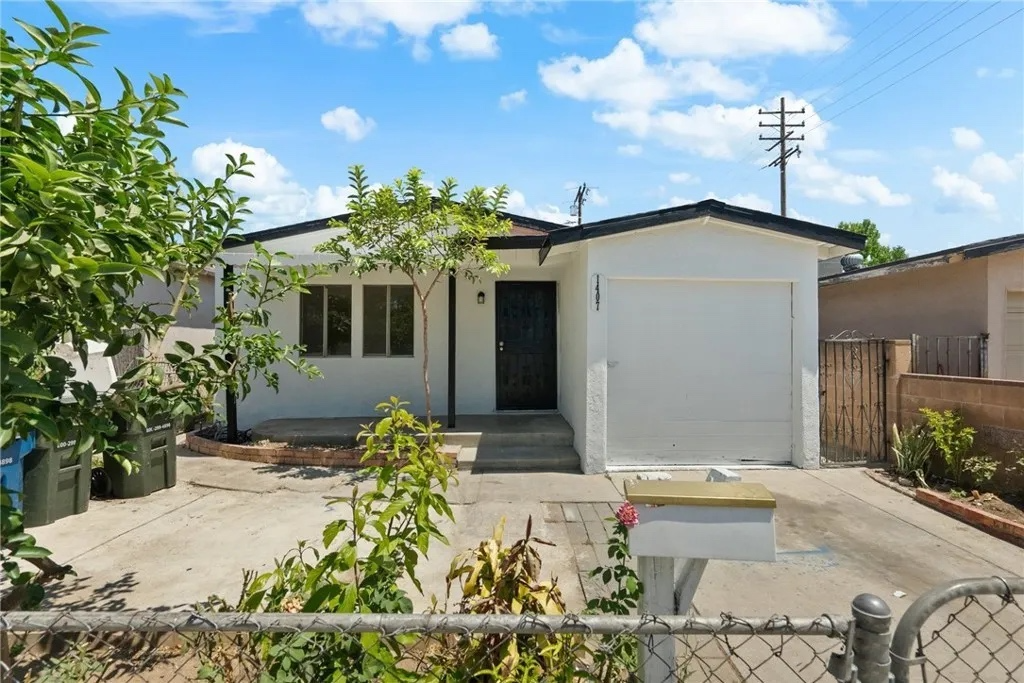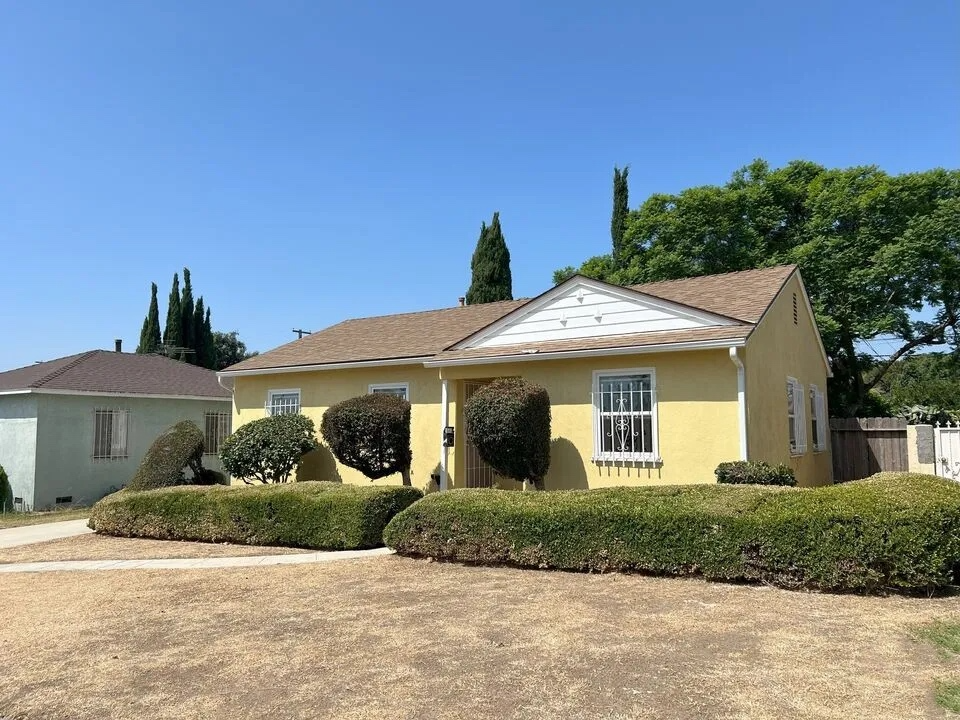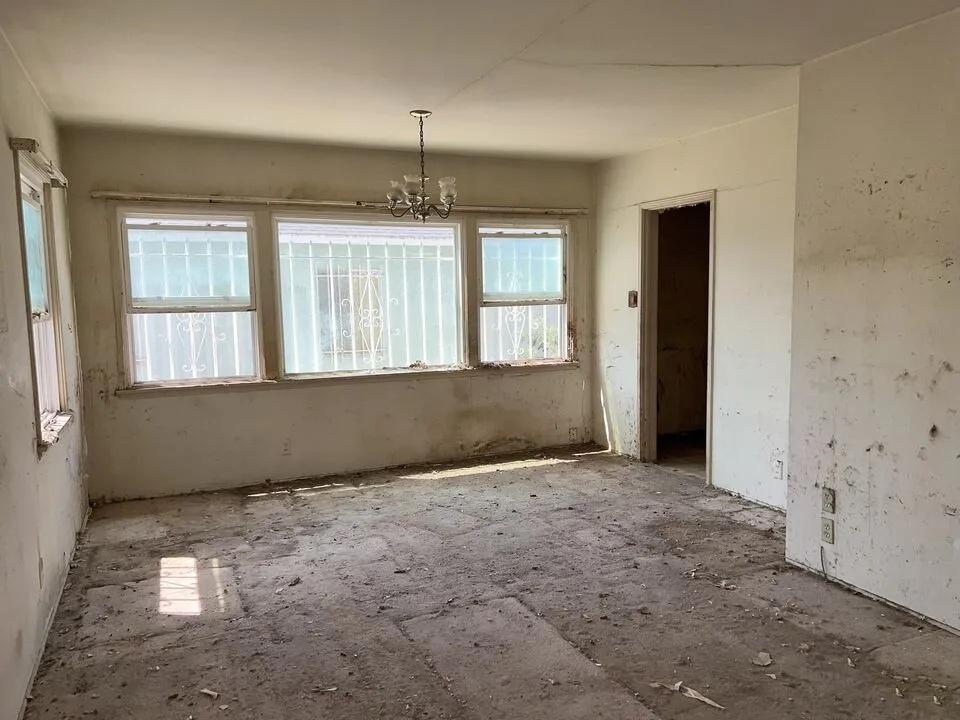When you’re in the market for a new home, you might hear terms like “fixer,” “diamond in the rough,” or “potential-packed.” These terms describe properties that need some work but have the potential to become your dream home. A fixer-upper can be an affordable option, especially in a competitive real estate market. In this post, we’ll dive into why buying a fixer-upper is a smart move and what you should look for when considering one of these project properties.
What Is a Fixer-Upper Property?
A fixer-upper is a home that needs repairs, renovations, or updates. These properties are often priced lower than move-in-ready homes because they require work. But don’t let that scare you off! With a little effort and imagination, you can transform a fixer into a beautiful home that suits your style and needs.
The Benefits of Buying a Fixer-Upper
1. Affordability
One of the most significant advantages of buying a fixer-upper is the lower price point. Since these homes need work, they often sell for less than other homes in the same area. This makes them an excellent choice for first-time homebuyers or anyone looking to save money. By purchasing a fixer-upper, you can get more house for your budget.
2. Customization
When you buy a fixer-upper, you have the freedom to customize it to your liking. Want to knock down a wall to create an open floor plan? You can do that. Prefer a modern kitchen with all the latest appliances? The choice is yours. A fixer-upper allows you to make the house truly your own.
3. Investment Potential
Fixer-upper properties have great investment potential. By improving the home, you can increase its value significantly. If you ever decide to sell, you could see a substantial return on your investment. Many people buy these homes with the intention of flipping them for a profit after renovations are complete.
4. Less Competition
In a hot real estate market, move-in-ready homes can receive multiple offers, driving up the price. However, fixer-uppers often have less competition. This gives you a better chance of getting the home at a fair price without having to outbid other buyers.
5. Opportunity to Learn New Skills
Taking on a fixer-upper can be a learning experience. If you’re handy or enjoy DIY projects, you’ll have the chance to put your skills to the test. Even if you’re not experienced, working on a fixer-upper can teach you valuable home improvement skills that will serve you well in the future.
What to Look for in a Fixer-Upper Property
1. Good Bones
When considering a fixer-upper, look for a home with “good bones.” This means the house has a solid foundation, a good roof, and an overall sound structure. Cosmetic issues like outdated fixtures or old carpeting are easy to fix, but structural problems can be costly and time-consuming to repair.
2. Location
Location is critical in real estate, and fixer-uppers are no exception. Even the most potential-packed property won’t be worth the investment if it’s in a bad location. Look for homes in up-and-coming neighborhoods or areas with good schools and amenities. A fixer-upper in a desirable location will likely appreciate in value over time.
3. Affordable Renovations
Before purchasing a fixer-upper, it’s essential to have a realistic idea of what renovations will cost. Some projects, like painting or replacing flooring, are relatively affordable. However, major repairs, such as electrical work or plumbing, can quickly add up. Be sure to budget for these expenses and consider getting quotes from contractors before making an offer.
4. Potential for Expansion
If you’re planning to stay in the home long-term, consider whether the property has the potential for expansion. For example, does the lot have room for an addition, or could the attic be converted into additional living space? A fixer-upper with expansion potential offers even more opportunities to add value.
5. Market Trends
Keep an eye on local market trends when considering a fixer-upper. If home prices are rising in the area, your investment is likely to pay off. On the other hand, if the market is stagnant or declining, you might want to think twice before taking on a big renovation project.
How to Finance a Fixer-Upper
Financing a fixer-upper is different from buying a move-in-ready home. Fortunately, there are several financing options available to help you purchase and renovate a fixer-upper.
1. FHA 203(k) Loan
The FHA 203(k) loan is a government-backed mortgage that allows you to finance both the purchase and renovation of a home with a single loan. This type of loan is ideal for buyers who want to take on a fixer-upper but don’t have the cash to cover renovation costs upfront.
2. Home Equity Loan
If you already own a home and are looking to buy a fixer-upper as an investment, a home equity loan can be a good option. This type of loan allows you to borrow against the equity in your current home to finance the purchase and renovation of the fixer-upper.
3. Personal Loan
A personal loan is another option for financing a fixer-upper. While interest rates on personal loans are typically higher than mortgage rates, they can be a good option if you need quick access to cash for renovations.
4. Cash
If you have the cash on hand, buying a fixer-upper outright can save you money in interest payments. Paying cash also gives you more negotiating power with sellers, as you won’t be reliant on mortgage approval.
Tips for Tackling a Fixer-Upper Project
1. Start with the Essentials
When renovating a fixer-upper, it’s crucial to prioritize essential repairs. Focus on fixing structural issues, updating electrical and plumbing systems, and making the home safe and livable before tackling cosmetic upgrades.
2. Plan Your Budget Carefully
Renovation costs can add up quickly, so it’s essential to plan your budget carefully. Make sure to include a contingency fund for unexpected expenses, as things don’t always go as planned with home renovations.
3. Do It Yourself (When You Can)
To save money, consider taking on some of the renovation work yourself. Projects like painting, landscaping, and installing fixtures can often be done by homeowners with a bit of research and effort. However, leave more complex tasks, like electrical work or major plumbing, to the professionals.
4. Don’t Rush the Process
Renovating a fixer-upper takes time, so be patient. Rushing through the process can lead to mistakes and costly repairs down the line. Take your time to do the job right, and you’ll be rewarded with a beautiful home that you can be proud of.
Conclusion
Fixer-upper properties offer a unique opportunity for homebuyers willing to put in a little work. With their affordability, customization potential, and investment opportunities, these diamond-in-the-rough homes can become your dream home with the right approach. By focusing on properties with good bones in desirable locations and planning your renovations carefully, you can turn a fixer-upper into a beautiful, functional, and valuable property.
So, if you’re in the market for a home and are open to a project, consider exploring fixer-upper options. With the right mindset and a bit of effort, you can uncover a true gem that meets your needs and budget.






Leave a Reply